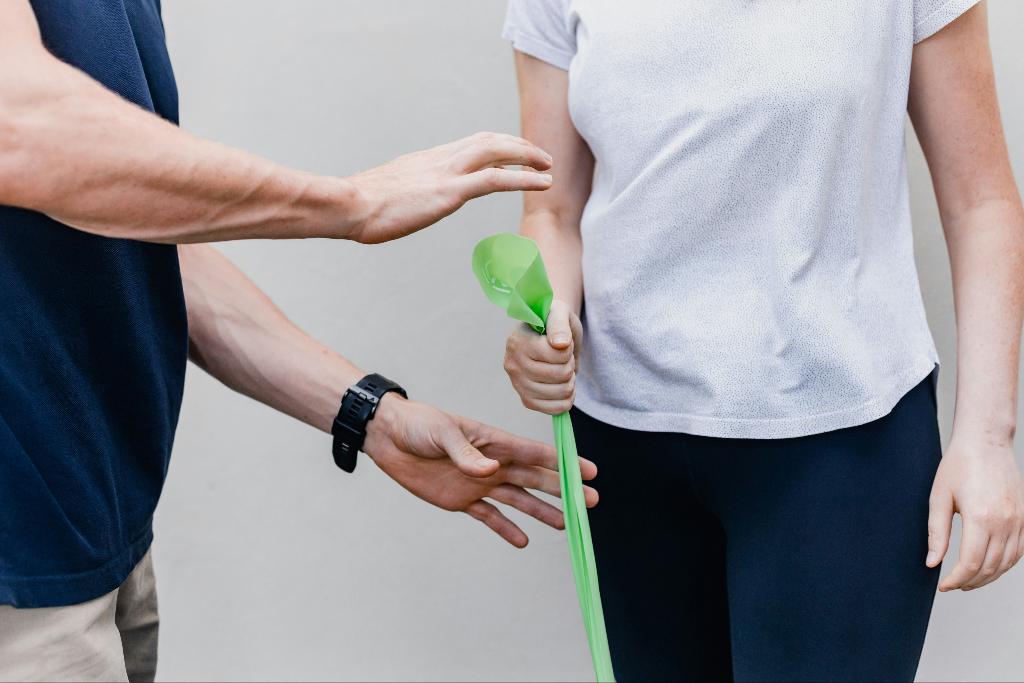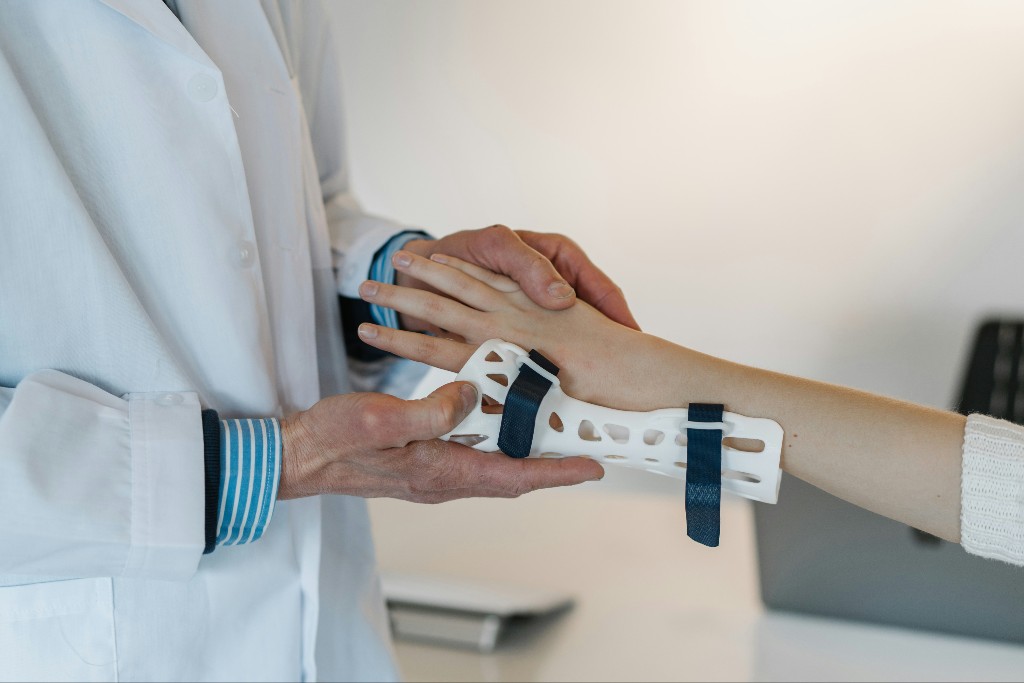We’ve all experienced a pinched nerve before: You know that feeling when you’ve sat in one spot for too long and your foot falls asleep? You may call this experience “pins and needles” or say “my foot fell asleep!”. A pinched nerve happens when there’s too much pressure on a nerve, and like when your foot “falls asleep”, moving a little bit can take the pressure off of the nerve and the tingles go away.
But what happens when those feelings last for a long time or don’t go away? More serious cases of a pinched nerve can actually cause you pain and cause discomfort as you go about your day. An injury from a car accident could lead to a pinched nerve, especially if your injury occurs in your neck or back. Here’s what to do if you think you have a pinched nerve so you don’t leave it untreated.
Signs You May Have a Pinched Nerve
Numbness and Tingling
The most common sign you have a pinched nerve is numbness followed by a tingling feeling, sometimes called “pins and needles”. Numbness and tingling best describe that feeling when your foot or leg “falls asleep”. When you have a pinched nerve that needs medical attention, you may notice this numbness and tingling keeps coming and going, or is maybe even there all the time.
Pain
Some people describe a “burning pain” or discomfort with a pinched nerve. This type of pain usually happens right near where the nerve is being pinched and it might even radiate outward. An example of pain with a pinched nerve could be when a pinched nerve in your arm leads to a shooting pain down through your hand and fingers.
Muscle Spasms
You may notice part of your arm or leg muscle might twitch or “flutter” without your moving it. These are types of muscle spasms that can occur when you have a pinched nerve. You may not be able to see it happen, but you can feel it. Your muscles may also feel weak.
Limited Range of Motion
This sign of a pinched nerve can seem scary because you may feel like you can’t move part of your body. Think back to when your foot last “fell asleep”. If you tried to stand up too fast you might have noticed your foot didn’t want to move or bend like normal. Once the tingling stopped, you could move your foot again.
Common Causes of a Pinched Nerve
Whiplash
Whiplash is an injury from a car accident that can affect your head, neck, back, and shoulders. When you experience whiplash injury, your head and neck are jerked violently back and forth, which can hurt your spinal cord and the muscles in the area. If you experience any swelling with whiplash, this can also put pressure on your nerves and lead to a pinched nerve.
Neck and Back Sprain
A neck or back sprain is also a type of injury from a car accident that can lead to a pinched nerve. When any of the soft tissues or ligaments in your neck are stretched too far or even torn, this can cause things to be out of place and swelling to occur. You have a lot of nerves in your neck and back and these can easily be pinched during an injury.
Herniated Disc
A herniated disc, also called a “slipped disc”, is a type of injury from a car accident too, but can also happen when lifting heavy items or during strenuous physical activity. If a disc in your spine slips out of place, it can put pressure on a nearby nerve and cause a pinched nerve.
Simple Treatments for a Pinched Nerve
Sometimes a pinched nerve goes away on its own, like when your leg “falls asleep” and once you move around a bit it stops tingling. However, when your symptoms don’t go away it may be time to talk to your doctor for pinched nerve treatment. A chiropractor can do an adjustment to help realign your spine and relieve any pressure that might be caused by a disc or vertebrae out of place. Your doctor may also recommend at-home treatments, especially when you have muscle spasms, like alternating ice and heat or using a handheld massager on the area. There are also simple stretches and movements you can do to help loosen up your muscles.
Most people don’t end up needing surgery or a serious medical intervention for a pinched nerve. One way to make sure your pinched nerve doesn’t turn into anything more serious is to talk with your doctor. At AICA Orthopedics, you can talk with a chiropractor, an orthopedic doctor, a neurologist, or even a physical therapist, to learn more about how to get rid of a pinched nerve safely and quickly. Contact us today.





